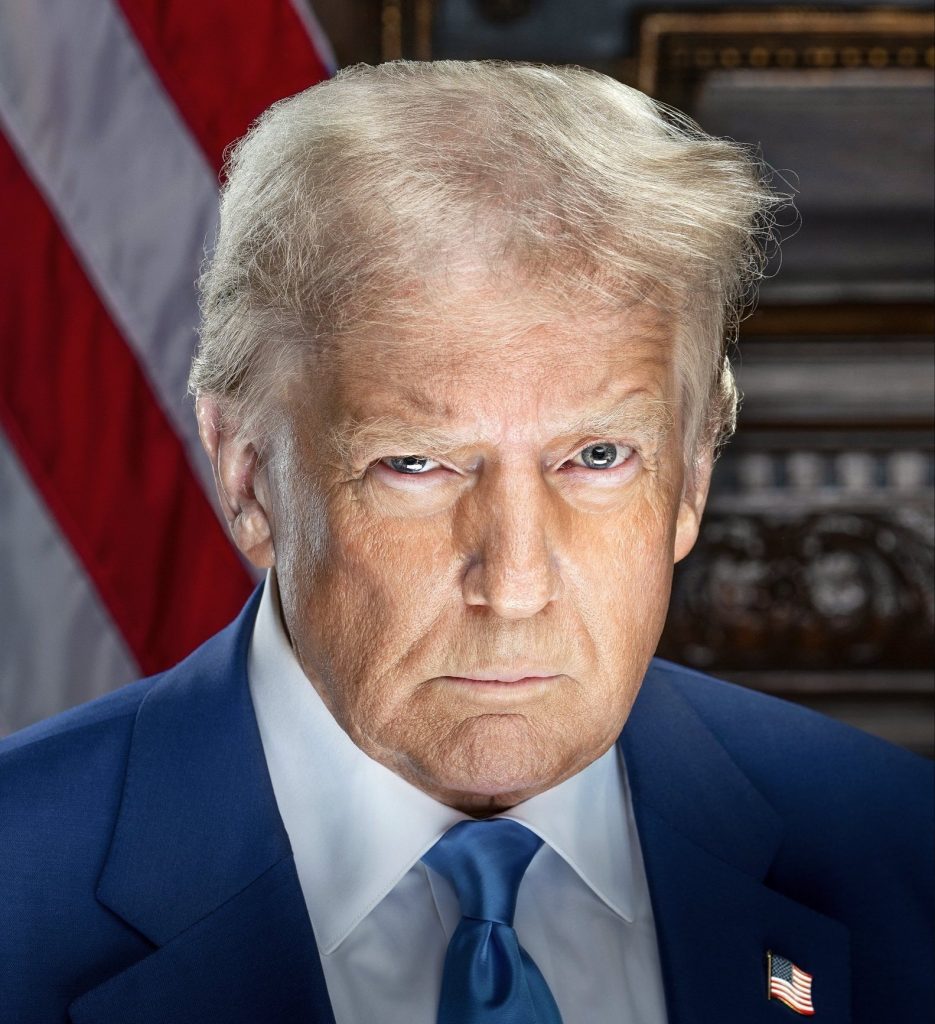US May Delay Trump’s Planned Chip Tariffs Amid China Trade Concerns

Photo Credit: @PopBase
The United States is signaling a possible delay in the rollout of President Donald Trump’s long-promised semiconductor tariffs, according to several officials familiar with recent internal discussions. These conversations, held quietly over the past few days with government and industry stakeholders, suggest that the administration is rethinking the timing of imposing steep tariffs on imported chips.
While the plan has been a central part of Trump’s economic agenda, officials now appear cautious about provoking China and risking renewed trade tensions. Sources say the administration wants to avoid disruptions in the supply of rare earth minerals and other critical components that are vital for US manufacturing and national security.
Although no final decision has been made and the administration can impose triple-digit tariffs at any moment, insiders note that the earlier guidance, suggesting tariffs would be announced soon, has shifted. Trump had publicly stated in August that the US would impose about 100% tariffs on semiconductor imports, excluding companies that manufacture or have committed to manufacturing in America. However, officials have continued to debate the rollout timeline and other operational details behind closed doors.
The White House and Commerce Department, when asked about these discussions, dismissed suggestions of any change in strategy. A White House spokesperson reiterated that the administration remains committed to restoring manufacturing critical to national and economic security, calling anonymously sourced reports “Fake News.” The Commerce Department also stated there had been no change in policy regarding semiconductor tariffs.
China, meanwhile, has urged cooperation instead of confrontation. The Chinese embassy in Washington said that working together is the best way to maintain stability in the global semiconductor supply chain and emphasized implementing the consensus reached between President Trump and President Xi Jinping during their recent meeting in Busan.
The potential delay comes at a sensitive moment for Trump, as rising consumer concerns about inflation dominate the holiday shopping season. New tariffs on imported chips could push up prices of everyday electronics such as smartphones, laptops, and home appliances. The administration has reportedly explored plans to tax electronic devices based on the number of chips inside them, a move that could further raise costs for consumers already burdened by persistent inflation.
Trump, who recently reduced tariffs on more than 200 food products, argues that his trade policies have not significantly contributed to inflation. At the same time, he seeks to maintain a fragile truce with China while pursuing national security investigations into imported pharmaceuticals and semiconductors, steps aimed at rebuilding US manufacturing and reducing dependency on foreign supply chains.
Source: The Economic Times




